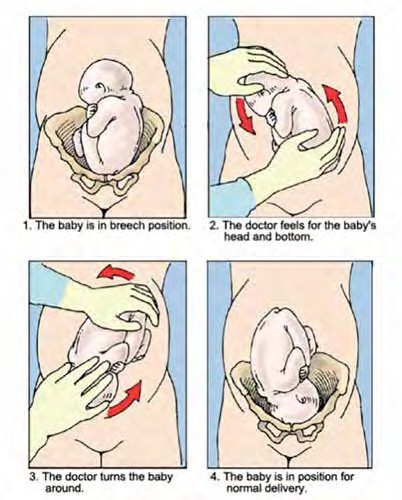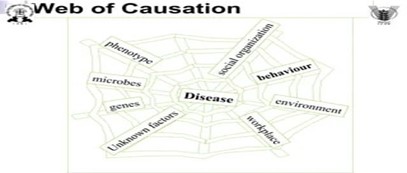The NICU nurse observes the parents of a newborn admitted two days ago for prematurity. The nurse knows infection prevention education has been effective when which observation is made:
Inviting family members to visit the newborn.
Wearing gloves when touching and holding the newborn.
Washing their hands before touching the newborn.
Avoiding direct contact with the newborn.
The Correct Answer is C
Hand hygiene is one of the most important infection prevention strategies in the NICU, and parents and visitors should be encouraged to wash their hands frequently, especially before touching the newborn. While wearing gloves can provide an additional barrier against infection, it is not a substitute for hand hygiene. Family members should be encouraged to visit and bond with their newborn, but they should be taught proper infection prevention measures to protect the infant's health. Avoiding direct contact with the newborn is not necessary as long as appropriate infection-prevention measures are taken.
Nursing Test Bank
Naxlex Comprehensive Predictor Exams
Related Questions
Correct Answer is B
Explanation
The patient should not be ambulating before the procedure as this may cause fetal descent and prevent the success of the version. The other interventions listed are appropriate and important for the safety and well-being of the patient and the fetus during the procedure.

Correct Answer is B
Explanation
The Web of Causation model would be best for studying the complex relationships among factors that contribute to chronic disease. This model recognizes that chronic diseases result from the interplay of multiple factors at different levels, including individual, environmental, and societal factors. The model illustrates the complexity of these relationships and can help identify potential points for intervention.

Whether you are a student looking to ace your exams or a practicing nurse seeking to enhance your expertise , our nursing education contents will empower you with the confidence and competence to make a difference in the lives of patients and become a respected leader in the healthcare field.
Visit Naxlex, invest in your future and unlock endless possibilities with our unparalleled nursing education contents today
Report Wrong Answer on the Current Question
Do you disagree with the answer? If yes, what is your expected answer? Explain.
Kindly be descriptive with the issue you are facing.
